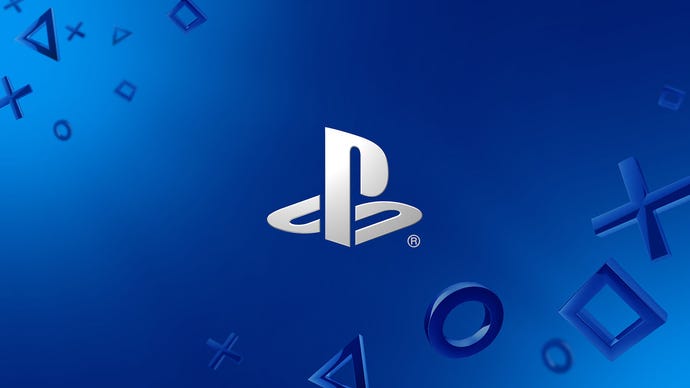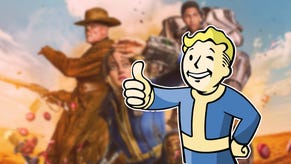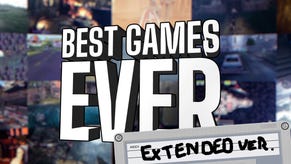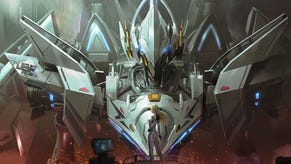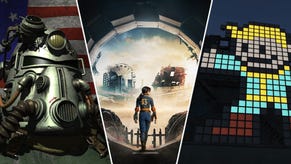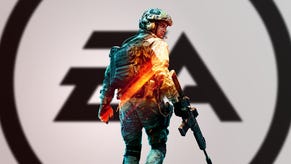With the PS3 generation, digital store shutdowns manifest their most damaging form yet
We’ve seen digital store shutdowns before. But Sony’s announcement that it’s to close the PS3, Vita and PSP stores for good is without doubt the most devastating yet.
There’s a lot of anger about this decision, and justifiably so. But this is the digital future, and the gradual march of progress. It’s scary, but it is the future. We can't go on producing all this plastic for the sake of our hobby, either. The eventual future is probably all-digital, and I accept that. But our digital archives need to get better to help facilitate that.
When Google Stadia was announced, I said that streaming could be the future of games but gave me grave worries for game preservation. But perhaps when I wrote that we were already on a slippery slope, with too many purchases shackled to online services that can be closed down on a whim. Even if you exclusively buy physical games, we’re all downloading updates and DLC. That broken, unpatched launch version of Cyberpunk, for instance, is a relic that deserves to survive for the sake of history if nothing else - and thanks to the earliest disc prints, it will.
This is why this closure stings more than others in the past, though. There’s a significant number of PS3 and Vita games in particular that will be difficult for new users to purchase and play once these stores close in a few weeks. Some others will be impossible for those who don’t already own them to experience.
Almost the whole Motorstorm franchise, a much-loved but now defunct Sony racer, only remained available new via the PS Store, for instance. If you’re about to jump into Nier Replicant’s remaster and want to experience Drakengard 3, which shares a universe with it, this is the only way it can currently be purchased. The only option for these games will be to pick up discs, which will now soar in value on the second-hand market. This, I suppose, is no different from how physical production of a generation’s games would eventually come to a close - but it still stings.
Worse, though, is the digital legacy of the PS3 and 360 - a console generation when indie games found new ways to reach more players. How many smaller-scale, lower cost games and DLC items were sold exclusively through the PlayStation Store? Once Sony Thanos-snaps these stores out of existence, these games quite literally disappear. The existing copies can’t be sold or traded, so there is no second-hand market - these games just become impossible to buy.
This goes for much DLC, too; you can buy a disc copy of a discontinued game if it’s available, but you’ll never be able to get any online-sold add-ons. That’s why as the digital shutdowns spread up the console generations, they feel even more apocalyptic for preserving video gaming history. The shut-downs have now reached generations of consoles where download-exclusive games or contents weren’t just occasional - they’d become the norm.
The list of PS-exclusive titles about to be no longer available new thanks to this shutdown is presumably enormous. The guys at RPG Site compiled a list of all PS role-playing games about to be unceremoniously discontinued and for that genre alone it’s well over one hundred titles. The final body count must be enormous and brutal.
There’s been a lot of crowing on social media by fans of consoles not created by Sony since the announcement came in, but let’s not act like this is a Sony-exclusive decision. Microsoft has fared best so far - the worst they’ve done is shut down the original Xbox Live servers. But Nintendo has already closed the Wii and DSi download stores, wiping with it a huge number of smaller, independent games. Nintendo will also tomorrow yank ‘limited release’ Mario and Fire Emblem games from sale for, well, no good reason at all.
I also look at new services like Stadia, too, and wonder. Google has a penchant for cutting losses and shutting down things that don’t work out, and we all know Stadia has struggled. What’ll happen to those purchases if that happens?
Clearly this isn’t just a Sony problem, then. Sony and its executive leadership have showcased a pretty p**s poor attitude towards old games and backwards compatibility recently, with PlayStation boss Jim Ryan famously asking “why would anybody play this?” about some of his own stone-cold classics. Sony should be dragged for that - but this isn’t just about them.
Really, it’s a wider question about how we preserve game history. Progress is great, but this is exactly the sort of thing that we’ll end up regretting in years to come if we aren’t collectively careful. Industrious fans dumping and archiving copies of games is obviously part of the solution, even if it is piracy - but publishers, store fronts and console manufacturers need to step up and think about how they’ll help to ensure history remains accessible to all, especially for titles with no physical release.
